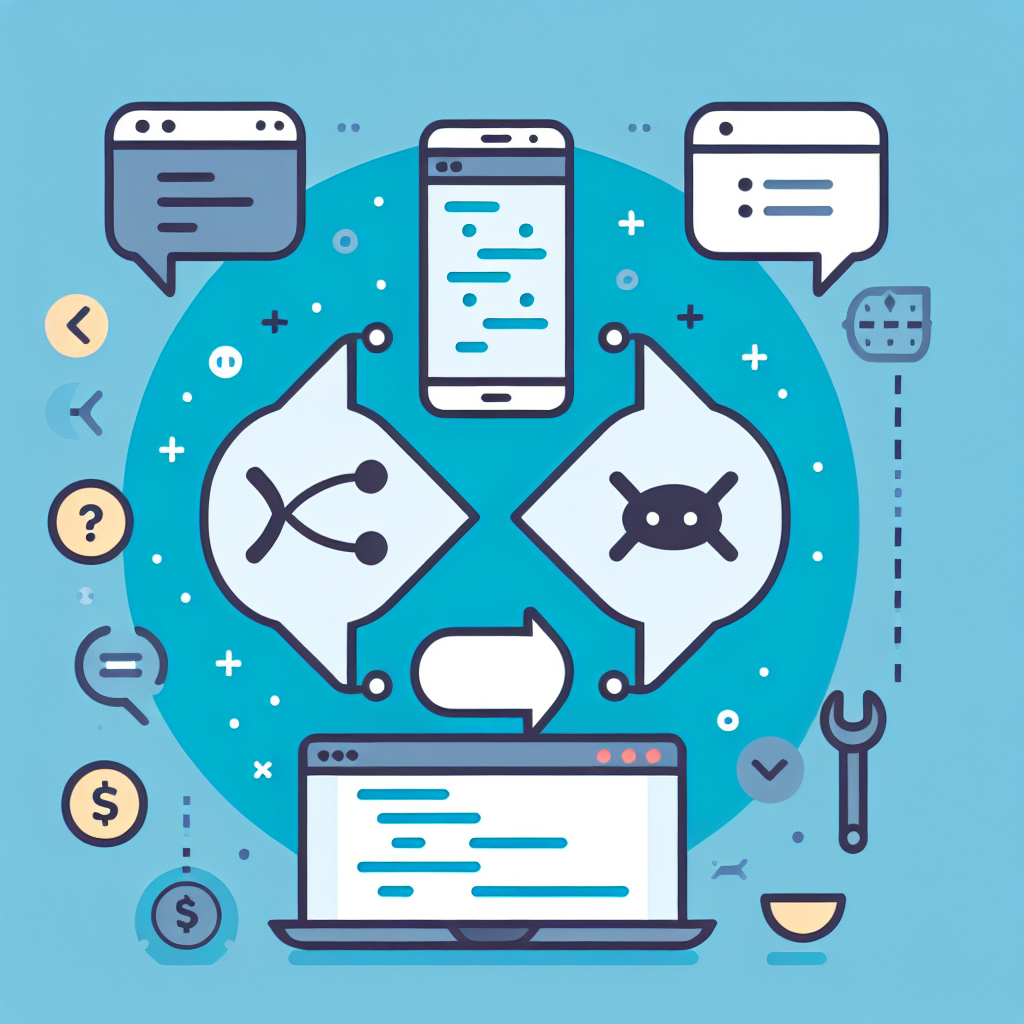Kotlin to Scala Converter: Seamless Code Transition
Effortlessly convert Kotlin to Scala with our intuitive tool. Enhance your coding productivity and streamline development. Try it today for seamless transitions!
Source Code
Converted Code
Output will appear here...
The Kotlin to Scala Converter is a powerful tool designed to seamlessly translate Kotlin code into Scala, enhancing productivity for developers transitioning between these popular JVM languages. This converter ensures accurate syntax conversion and maintains code integrity, making it ideal for software engineers working on cross-language projects or migrating applications. Benefit from improved workflow efficiency and reduced manual coding errors with this essential tool for JVM language interoperability.

Kotlin to Scala Conversion Tool Link to this section #
Effortlessly transition your Kotlin code to Scala with our Kotlin to Scala conversion tool. Designed for developers seeking to leverage Scala's functional programming strengths while preserving existing Kotlin codebases, this tool ensures a seamless transformation process.
Key Features Link to this section #
- Syntax Conversion: Automatically translates Kotlin syntax to Scala, maintaining the code's logic and structure.
- Functional Programming Support: Leverages Scala's powerful features like immutability, pattern matching, and higher-order functions.
- Type Inference and Compatibility: Ensures accurate type mapping between Kotlin and Scala, preserving type safety.
- Performance Optimization: Identifies performance bottlenecks and suggests Scala-specific optimizations.
Why Convert Kotlin to Scala? Link to this section #
- Functional Programming: Scala's robust functional programming capabilities can enhance code efficiency and maintainability.
- Interoperability: Seamlessly integrate with Java libraries and frameworks, expanding your project's ecosystem.
- Scalability: Benefit from Scala's ability to handle high concurrency and large datasets, ideal for scalable applications.
Example Conversion Link to this section #
Here's a simple example to illustrate the conversion process:
Kotlin Code:
fun add(a: Int, b: Int): Int {
return a + b
}
Scala Code:
def add(a: Int, b: Int): Int = {
a + b
}
Additional Resources Link to this section #
- Explore Scala's official documentation to deepen your understanding of its advanced features.
- Learn from community-driven discussions on platforms like Stack Overflow.
Get Started Link to this section #
Unlock the full potential of your code with our Kotlin to Scala conversion tool, and embrace the future of programming with Scala's advanced capabilities.
Whether you're enhancing a small project or building a large-scale system, transitioning from Kotlin to Scala can open new avenues for innovation and performance.
Frequently Asked Questions
How does Kotlin compare to Scala in terms of language features?
Kotlin and Scala are both modern, statically typed languages that run on the JVM. Kotlin is designed to be more pragmatic, with a focus on simplicity and interoperability with Java, making it easier for Java developers to transition. Scala, on the other hand, offers a rich type system and functional programming features, which can provide more powerful abstractions but also lead to a steeper learning curve.
Can Kotlin and Scala interoperate within the same project?
Yes, Kotlin and Scala can interoperate within the same project since both languages compile to JVM bytecode. However, mixed-language projects can introduce complexity, as developers need to be familiar with both languages. Additionally, differences in idiomatic usage and library dependencies might require careful management to avoid conflicts.
Which language should I choose for a new JVM-based project, Kotlin or Scala?
The choice between Kotlin and Scala depends on the project's requirements and the team's expertise. If you prioritize ease of use, concise syntax, and seamless Java integration, Kotlin might be the better choice. Conversely, if you need advanced functional programming capabilities and are comfortable with a steeper learning curve, Scala could be more suitable. Consider also the ecosystem, tooling, and community support available for each language.